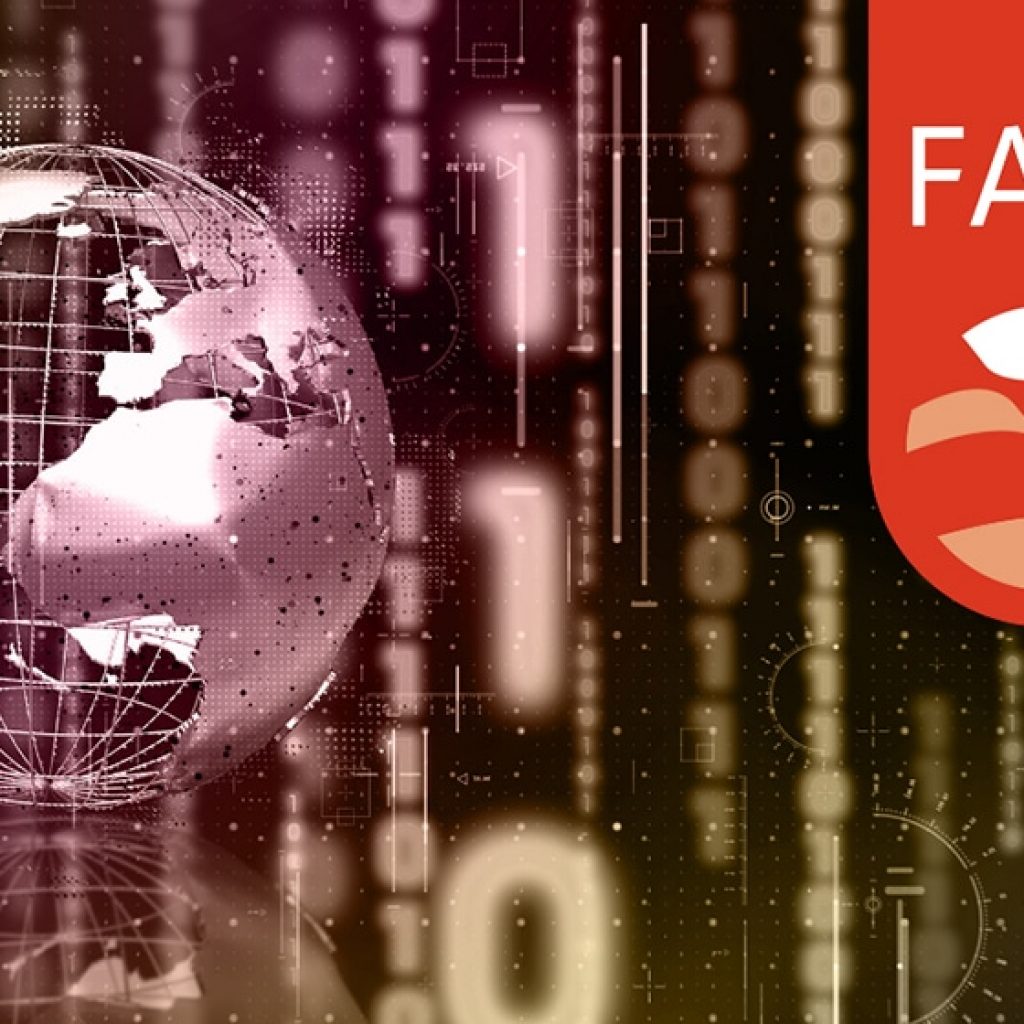By Hashim Jadoon
The FATF (Financial Action Task Force) is an acronym that almost everyone in finance has heard about, and those who have been following the local news will be sure to link the ‘grey list’ to the FATF.
According to the Merriam-Webster online dictionary, a task force is “a temporary grouping under one leader for the purpose of accomplishing a definite objective,” which clarifies the meaning of the FATF — it has the definite and ‘temporary’ policy-making task of fighting against money laundering globally.
However, it seems like the FATF does a little more than just temporary policy-making.
ALSO READ
UK Allows 80% Crowd Capacity for the 3rd Pakistan-England ODI
What Exactly is this International Task Force?
The FATF had received its ‘birth certificate’ from an informal gathering of the heads of seven industrialized states known as the ‘G-7’ (now G-20). This informal gathering had taken place in Paris in 1989, and the G-7 had given the FATF a mandate of five years to combat drug money laundering. Thus, the nascent origins of the FATF may be summarized as ‘an informal club established by another informal club in 1989’.
This informality is vital for a couple of reasons. Firstly, European laws on access to public information do not apply to the FATF. The FATF is not bound by any duty of disclosure, and can release any amount of information to the public domain as it pleases. One cannot seek a legal remedy to extract information from the FATF as it is not a legal entity, nor does it legally exist. To understand its functioning, one is entirely dependent on its publications.
The Plenary is the supreme organ of the FATF. It has discussions and reaches decisions and opinions “by consensus”, and only shares its findings if they are deemed useful. Consequently, the public only has access to the Plenary’s decisions if the FATF chooses to share the information through its annual reports, public statements, or other working group reports.
ALSO READ
Hundreds of Shenzhen Visa Stickers Stolen From Italian Embassy
The FATF is the self-proclaimed (and informally anointed) authority that sets the global standards for the combating of money laundering, the financing of terrorism, and the proliferation of weapons of mass destruction. It is an inter-governmental organization and, in that capacity, is a ‘policy-making body’. It has never presented itself as a public organization restricted by legislation or public authority but is wholly funded by public money through its members. All the members of the FATF contribute to its operations roughly in proportion to the size of their economies (GDP).
The FATF is a policy-making body and not an advisory body. It can consult with or advise stakeholders, but it ultimately determines the anti-money laundering (AML) policy for all the countries without exception. Not even North Korea can escape its reach.
The FATF’s Recommendations may be considered the ultimate tool for its policy-making role. They are a set of globally imposed standards on states and financial and non-financial institutions. The Recommendations simultaneously serve another function – as a tool used to enforce compliance. The word ‘recommendation’ must not be understood as merely a ‘should’. The verb ‘should’ entails the meaning of ‘must’. For this reason, the term ‘ recommendations’ must be written with a capital R.
However, the FATF has forgotten its assigned policy-making role and has gone a step further to enforce policy simultaneously, and is the first informal global policy enforcing body in history.
ALSO READ
Turkey Reduces Quarantine Period for Pakistani Travelers
The FATF further impedes state sovereignty by making Recommendations in procedural criminal laws. Procedural Criminal laws such as imprisonment terms do not have a direct relationship with the integrity of the financial system and should be outside the purview of the FATF but it exercises its influence in this matter as well. Some examples are the Recommendations concerning the criminal liability of legal persons (Recommendation 7), the seizure and confiscation of property derived from crime (Recommendations 8 and 38), as well as the international coordination of prosecution actions (Recommendation 39).
Legislating criminal laws is not the only line that the FATF has crossed, as it also ventures into criminal justice policy and law enforcement — a field that is strictly beyond the financial institutional boundary. The lack of restraint in judging the work judicial institutions can have is gross interference with an independent judiciary. State organs like the judiciary are constitutionally empowered as one of the main branches of the government, but the FATF’s habit of influencing a constitutionally independent judiciary can massively influence both the judiciary and the legislative organs of the state.
For example, the FATF will lower the effectiveness rating if the criminal sanctions are not dissuasive enough. A lowered rating was the case in Spain’s MER (Mutual Evaluation Report) in 2014, after which Spain was forced to alter its legislation. This had resulted in judges passing stricter sentences in money laundering cases.
Sentencing practice is always open to discussion and development. However, changes to the legislature are at the state’s discretion and should not be influenced by a supranational body. The FATF’s habit of exerting pressure on sovereign states comprises principles of constitutionality like judicial independence. Its Recommendations reproach an independent judiciary with comments such as ‘not sufficiently dissuasive’, and if the country in question defends the independence of its judiciary, it gets a lower rating.
ALSO READ
Telenor Pakistan Wins Five Awards at Cannes
It is also interesting that judicial independence is not a factor that the FATF uses to assess a country’s effectiveness in combatting money laundering, which is why its Recommendations should not be taken as mere suggestions — they are commands regardless of the etymology that the FATF incorporates.
A question that must be addressed is the international legal status of the Recommendations. They are primarily directed at countries, sovereign states, and territories, ordered in unambiguous terms by an informal body. For example, the FATF uses the phrase “should, without further delay, take steps to fully implement the Vienna Convention, and proceed to ratify it”.
On one hand, the United Nation’s Congress follows a legal procedure. It accepts a Convention via resolution and subsequently invites its Member States for ratification. As an informal body of 37 states/organisations, the FATF orders about 160 other states to ratify “without further delay”, irrespective of them being members of its “global network”. Could this mean that the FATF has become a higher authority in its field than the UN? And if so, with what authority?
By all accounts, the Recommendations are the antithesis of voluntary suggestions and have been rightfully described as the “crown jewel of soft law”.
To achieve the global implementation of its Recommendations, the FATF, with a relatively small membership, relies on a solid global network of nine FATF-Style Regional Bodies (FRBs) besides its 37 members. The nine FSRBs have an essential role in promoting the effective implementation of the FATF’s Recommendations by their membership and providing expertise and input in the FATF’s policy-making. Over 180 jurisdictions worldwide have committed to the FATF’s Recommendations through the global network of FSRBs and FATF memberships.
ALSO READ
Repatriated Profits and Dividends Show 23% Increase During July-May
The FATF has established informal networks together with the FSRBs (that are responsible for the implementation of the Recommendation by the countries within their regions), conducts MER (Mutual Evaluation Reports) for almost every State in the world, and assesses on an ongoing basis if a country is sufficiently compliant with its standards; providing an in-depth description and analysis of each country’s system for the prevention of the abuse of the financial system.
Over the last twenty years, the FATF has developed, used, and refined rigorous compliance mechanisms to help ensure global compliance with its standards. It assesses compliance through the MER — a stringent country evaluation and monitoring process.
The MER sets out the specific requirements of each Recommendation as a list of criteria that represent the elements that should be present to demonstrate full compliance with the mandatory elements of the Recommendations. For each Recommendation, the FATF’s assessors conclude the extent to which a country complies (or does not comply) with the standard.
There are four possible levels of compliance: Compliant — no shortcomings are present; Largely Compliant — only minor shortcomings exist; Partially Compliant — moderate shortcomings exist; and Non-compliant — major shortcomings are present.
The MER summarizes the CTF (counter-terrorist financing) and AML measures in place of the date of the FATF assessor’s on-site visit to the country. It analyses the level of compliance with the FATF’s 40 Recommendations and the level of effectiveness of the CTF (and AML) system, and recommends how the system could be strengthened. Based on the jurisdiction’s MER results and where jurisdictions’ MER reveals a significant number of key deficiencies, it is likely that this jurisdiction will be referred for a review and, when necessary, face sanctions.
ALSO READ
Saudi Commission Recognizes Two Pakistani Universities in 7 Specialties
While the FATF lacks the legal authority to impose decisions on its members or to impose sanctions for their failure to comply with its standards, its mandate to the CTF is tied to several compelling international financial institutions like the IMF and the UNSC. It has the support of powerful governments like the USA, international organizations such as the European Union, and, of course, its members. As such, what may be referred to as the ‘soft law’ of the FATF is reinforced by solid connections.
The countries that do not meet the FATF’s standards are subjected to further scrutiny, and this is precisely what is happening with Pakistan. Being placed on the grey list means that Pakistan is under increased monitoring by the FATF.
Being placed on the grey list can have significant implications for a country’s international reputation, which is why compliance with the FATF’s Recommendations is mandatory and not optional. Countries that are grey-listed or, even worse, black-listed, face problems with trading and interacting with other countries.
ALSO READ
ECC Defers Intervention Price for Cotton During 2021-2022 for the Third Time
In a nutshell, the FATF is a non-legal policy-making body but sovereign states are not at liberty to ignore it and its Recommendations. These Recommendations are not suggestions and should be considered for obligatory changes to a state’s legislative framework. Despite Pakistan’s resolve to comply with the FATF’s action plan, it remains on the grey list. Whether one disagrees with the FATF and its rhetoric or not, it is undeniable that the FATF cannot be ignored.
About the Author
Hashim Iqbal Jadoon has a B.Com from Ryerson University and an LLB (Hons.) from the University of London. He is currently a practicing lawyer in Islamabad and Chief Executive Officer of Ploutos Consulting. He is a huge basketball fan, an avid reader, and an aspiring writer. He can be reached at [email protected]
The post What is FATF and Does it Have Any Authority Over Any Country? appeared first on .


